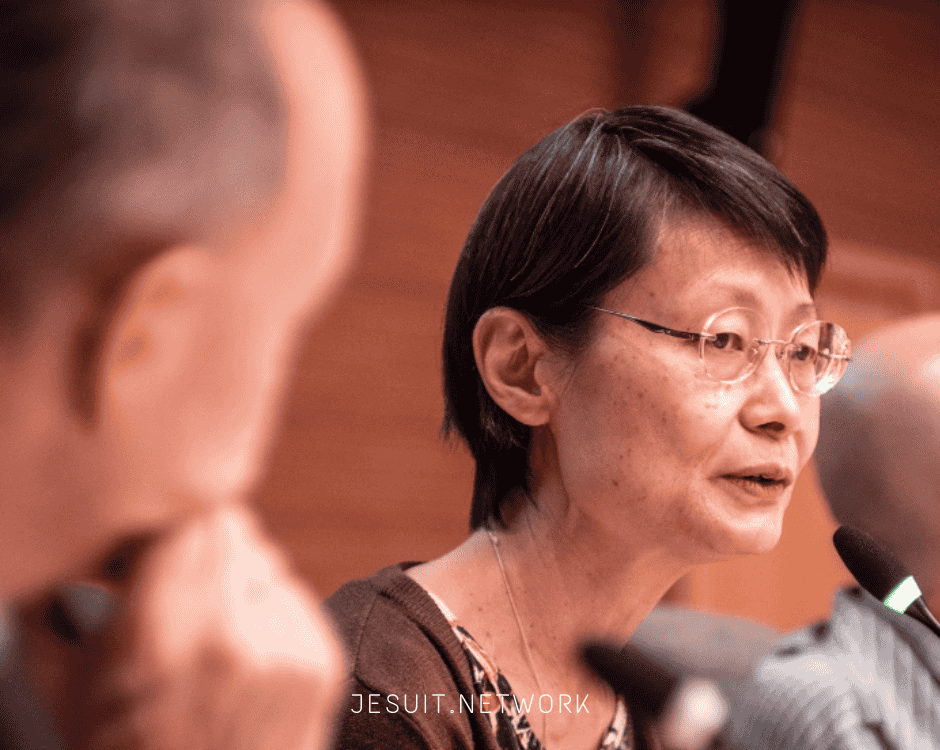This website uses cookies so that we can provide you with the best user experience possible. Cookie information is stored in your browser and performs functions such as recognising you when you return to our website and helping our team to understand which sections of the website you find most interesting and useful.
So why change the configuration of the Jesuit “Provinces”?
Since the beginning of the Society of Jesus, the main governing unit of Jesuits in a region has been the “Province”. The Provinces were defined mostly within the geographical limits of the countries in which the Society was working.
However, for the past fifteen years, under the generalate of Fr. Adolfo Nicolás, and now with Fr. Arturo Sosa, these national or regional borders are breaking down as new Jesuit Provinces are created. The new Provinces are sometimes multicultural and even multilingual. These organizational changes, like any change in the course of human life, have created tensions here and there. Jesuits from neighbouring regions or countries, who previously had little contact with one another, were now being urged to communicate, to collaborate, and to think about their future together.
Among the projects for creating new Provinces is that of Central Europe, which will soon be completed. The new province will bring together the current Provinces of Germany, Austria, Switzerland and Lithuania. The decrease in the number of Jesuits is quite often suggested as the main reason for consolidating Provinces, some of which have had a long tradition of “national” autonomy. Since the Swiss Jesuits were involved in one of these regroupings, they raised the issue directly with Father General during his visit to their country last September.
Father Sosa’s response offers a much broader and deeper perspective than considerations of only a mathematical or geographical nature. The General recalled the essentially universal character of the Society of Jesus since its foundation. See above for what he has to say about this question
This post has been originally published at the General Curia Website. https://sjcuria.global/en/more-interviews/818-so-why-change-the-configuration-of-the-jesuit-provinces





